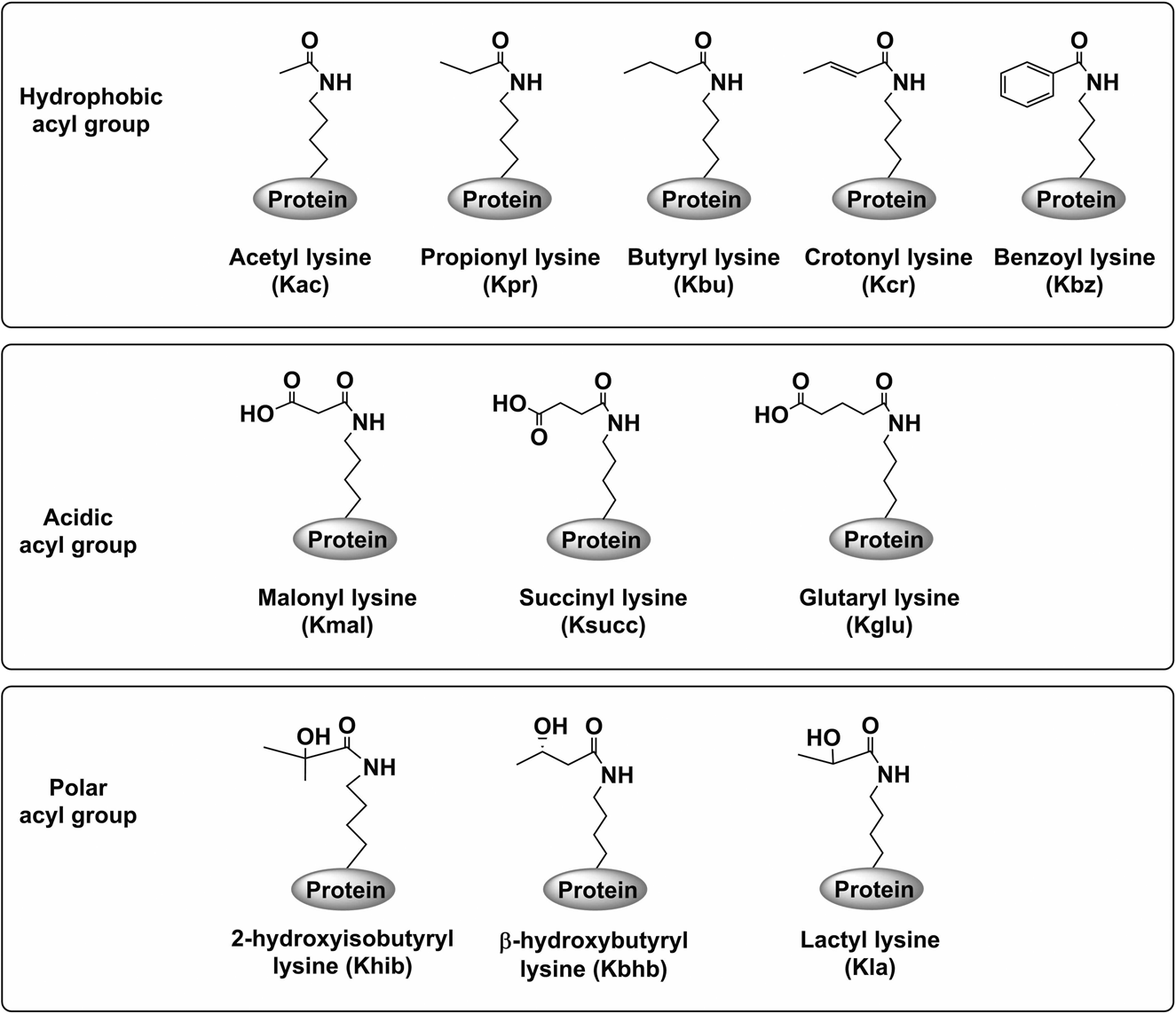Protein Crotonylation Analysis
Post-translational modifications (PTMs) are crucial mechanisms for regulating a wide range of biological processes, including DNA replication, transcription, cell differentiation, and tissue development. Among these, lysine acylation represents a highly conserved and prevalent form of PTM, encompassing various acyl groups such as acetyl, propionyl, butyryl, glutaryl, and crotonyl. Lysine crotonylation (Kcr) is a relatively recent addition to this group and is involved in gene regulation, as well as playing key roles in diseases like cancer, metabolic disorders, and neurological conditions. The distinct C=C double bond in crotonylation confers unique biological properties, impacting cellular signaling, gene expression regulation, and metabolic pathways. Studies have demonstrated that crotonylation extends beyond histones and is widely found in non-histone proteins, influencing nearly all major biological processes. Accurate analysis of protein crotonylation provides deeper insights into its mechanisms in disease development and cellular regulation.

Jiang, G. Y. et al. Cell Death Dis. 2021.
Figure 1. Chemical Structures of Lysine Acylations
MtoZ Biolabs offers specialized Protein Crotonylation Analysis services at both the targeted protein and proteomics levels. This allows researchers to either focus on specific targets or gain a broad understanding of crotonylation dynamics across the proteome, supporting detailed mechanistic studies and wide-ranging biological research.
Services at MtoZ Biolabs
1. Targeted Protein Crotonylation Analysis
MtoZ Biolabs provides Targeted Protein Crotonylation Analysis to accurately identify and quantify specific crotonylated proteins supplied by the client, such as histones H3 and H4. Using high-resolution LC-MS/MS combined with antibody-based enrichment or immunoprecipitation (IP), we deliver precise site-level detection and quantification of crotonylation modifications.
2. Crotonylation Proteomics
For broader analyses, MtoZ Biolabs provides Crotonylation Proteomics, which offers a proteome-wide overview of crotonylation patterns across different biological samples. Through advanced LC-MS/MS platforms and optimized crotonyl-peptide enrichment workflows, we deliver comprehensive datasets that reveal dynamic crotonylation changes under varying physiological or pathological conditions.
Analysis Workflow

Service Advantages
1. Advance Analysis Platform
MtoZ Biolabs established an advanced protein PTM analysis platform, guaranteeing reliable, fast, and highly accurate analysis service.
2. One-Time-Charge
Our pricing is transparent, no hidden fees or additional costs.
3. High-Data-Quality
Deep data coverage with strict data quality control. AI-powered bioinformatics platform integrate PTM proteomics analysis data providing clients with a comprehensive data report.
4. Comprehensive Site Identification
We can simultaneously identify multiple crotonylation sites, offering a complete profile of crotonylation modifications.
5. Flexible Quantification
We provide both label-based methods (TMT or iTRAQ) and Label-Free approaches, catering to diverse research requirements.
Sample Submission Requirements

For more sample details, please consult our technical team.
Applications
1. Disease Mechanism Elucidation: Explore crotonylation's roles in cancer, metabolic diseases, and neurodegenerative disorders.
2. Drug Target Discovery and Validation: Crotonylation's involvement in key disease pathways offers promising avenues for identifying and validating therapeutic targets.
3. Gene Expression and Signal Transduction: Crotonylation plays a pivotal role in regulating gene expression and signaling networks, making it an ideal focus for pathway studies.
4. Epigenetics: Crotonylation is closely linked to epigenetic mechanisms, particularly chromatin remodeling and gene activation regulation.
5. Biomarker Discovery: Systematic profiling of crotonylation patterns may reveal potential biomarkers associated with various diseases.
Deliverables
What Could be Included in the Report?
1. Comprehensive Experimental Details
2. Materials, Instruments, and Methods
3. Total Ion Chromatogram & Quality Control Assessment (project-dependent)
4. Data Analysis, Preprocessing, and Estimation (project-dependent)
5. Bioinformatics Analysis
6. Raw Data Files
MtoZ Biolabs, an integrated chromatography and mass spectrometry (MS) services provider.
Related Services
Acylation Quantitative Proteomics Services
How to order?







